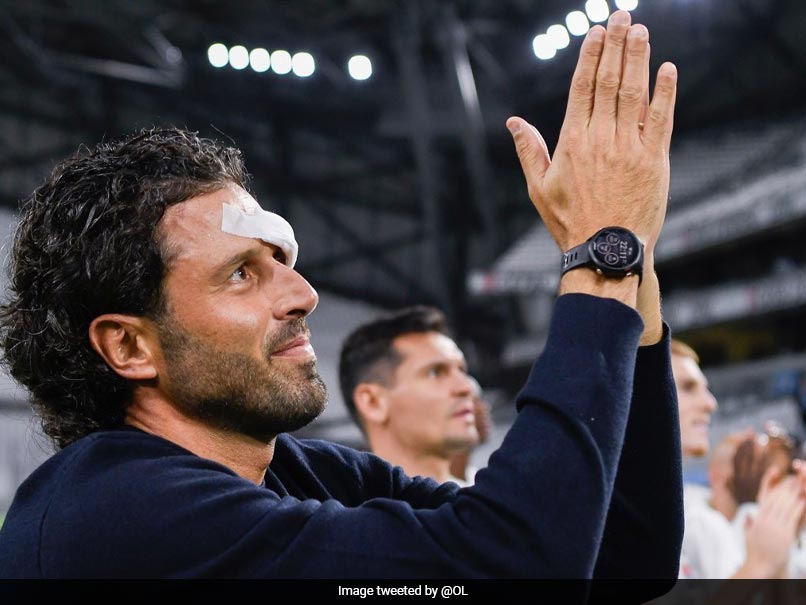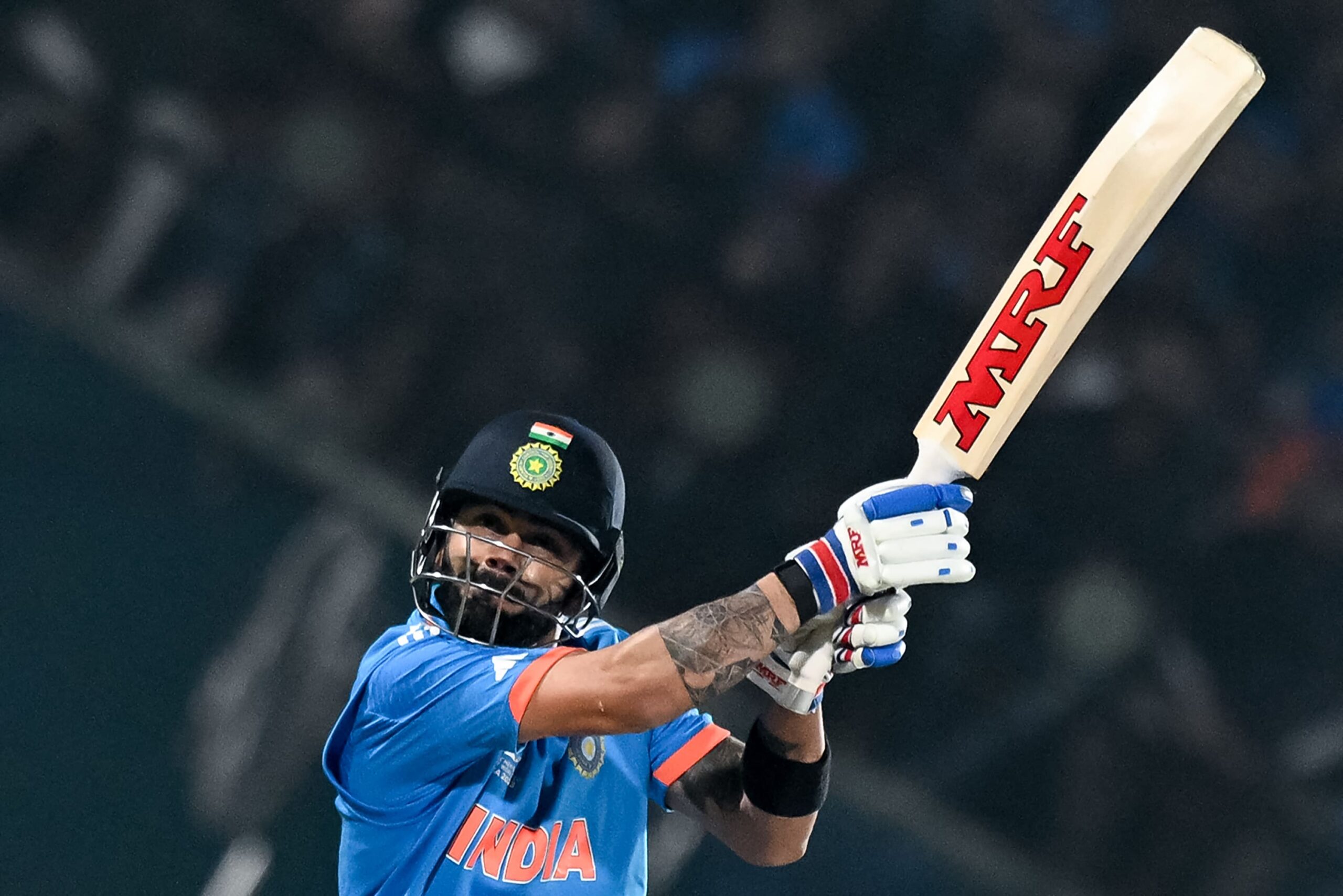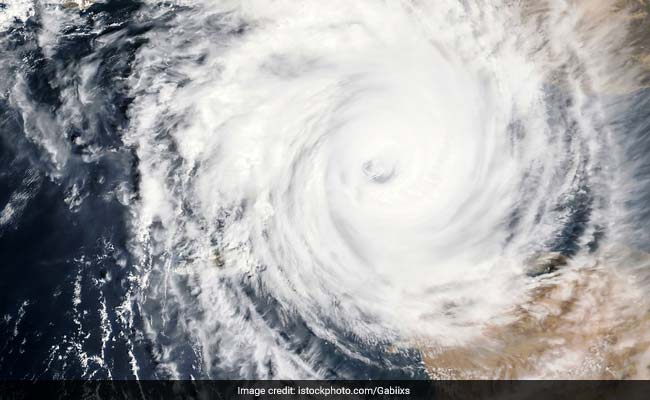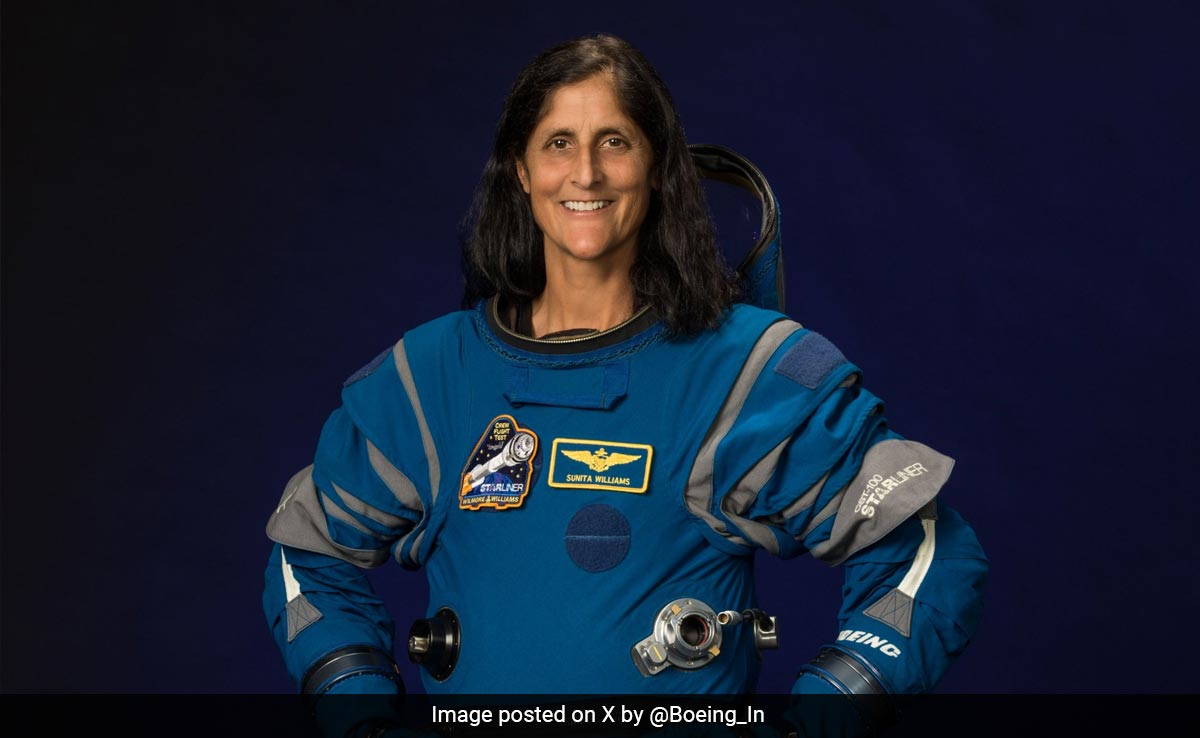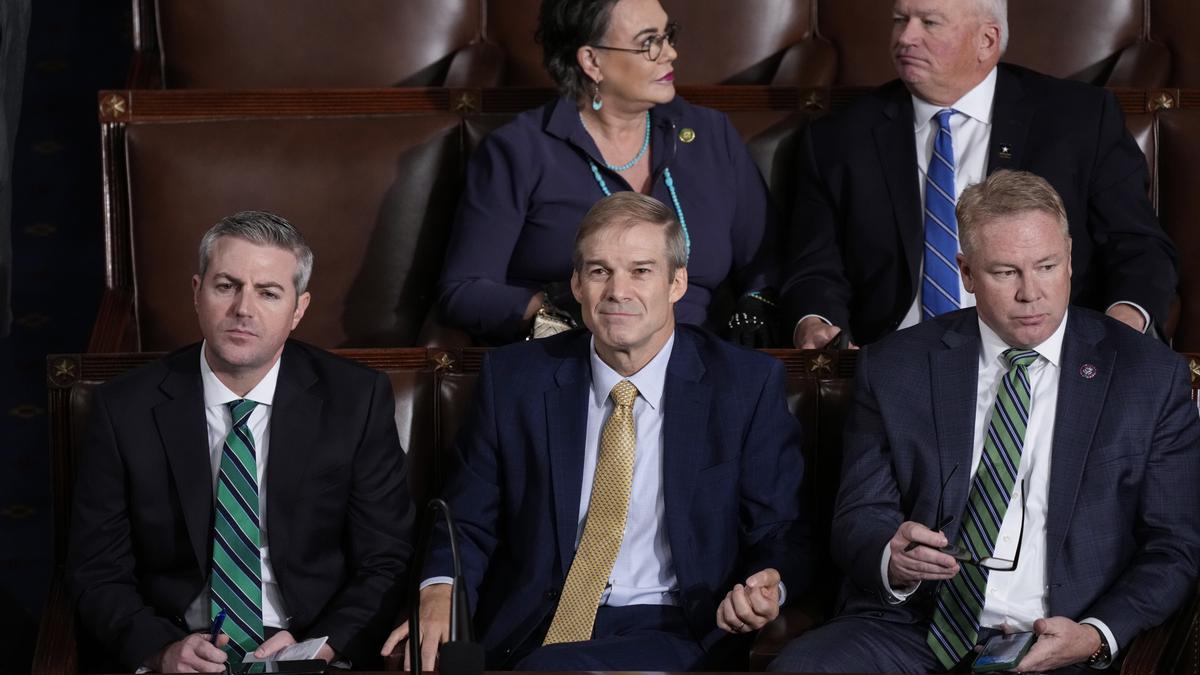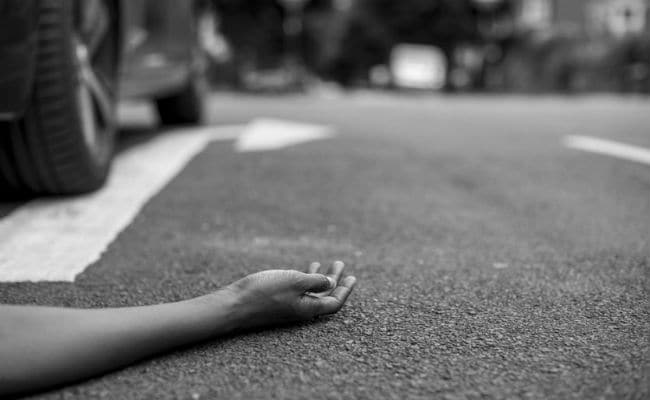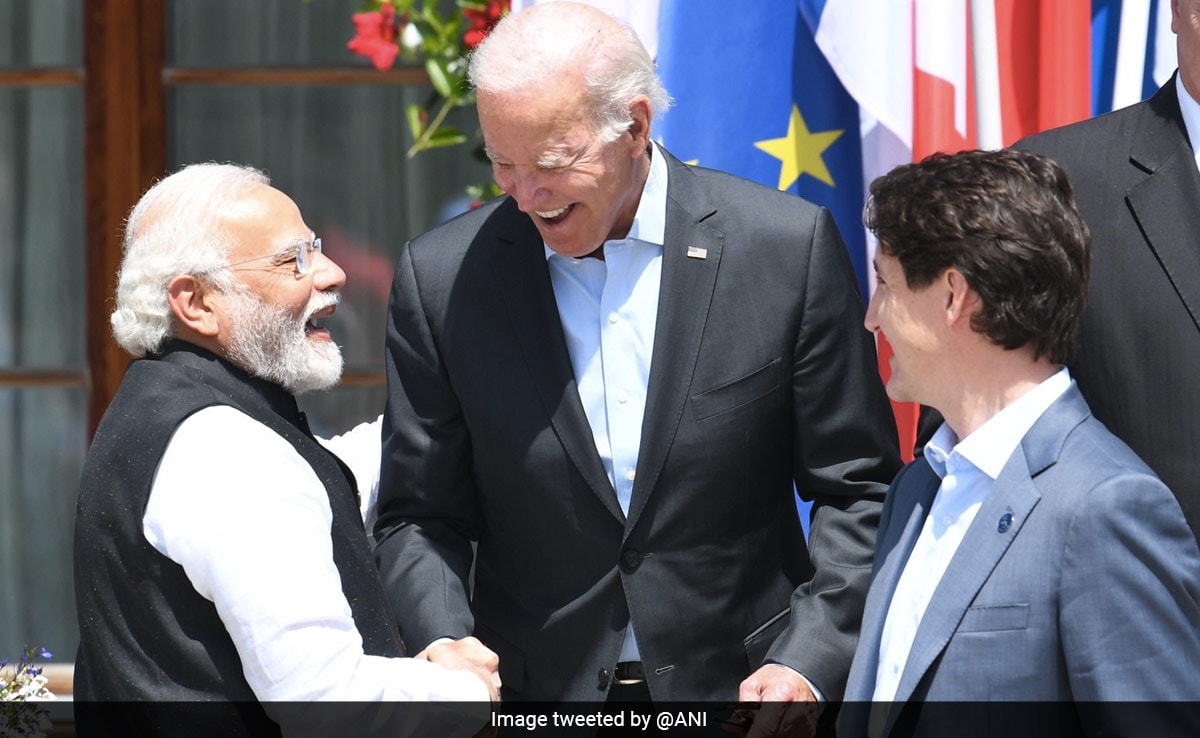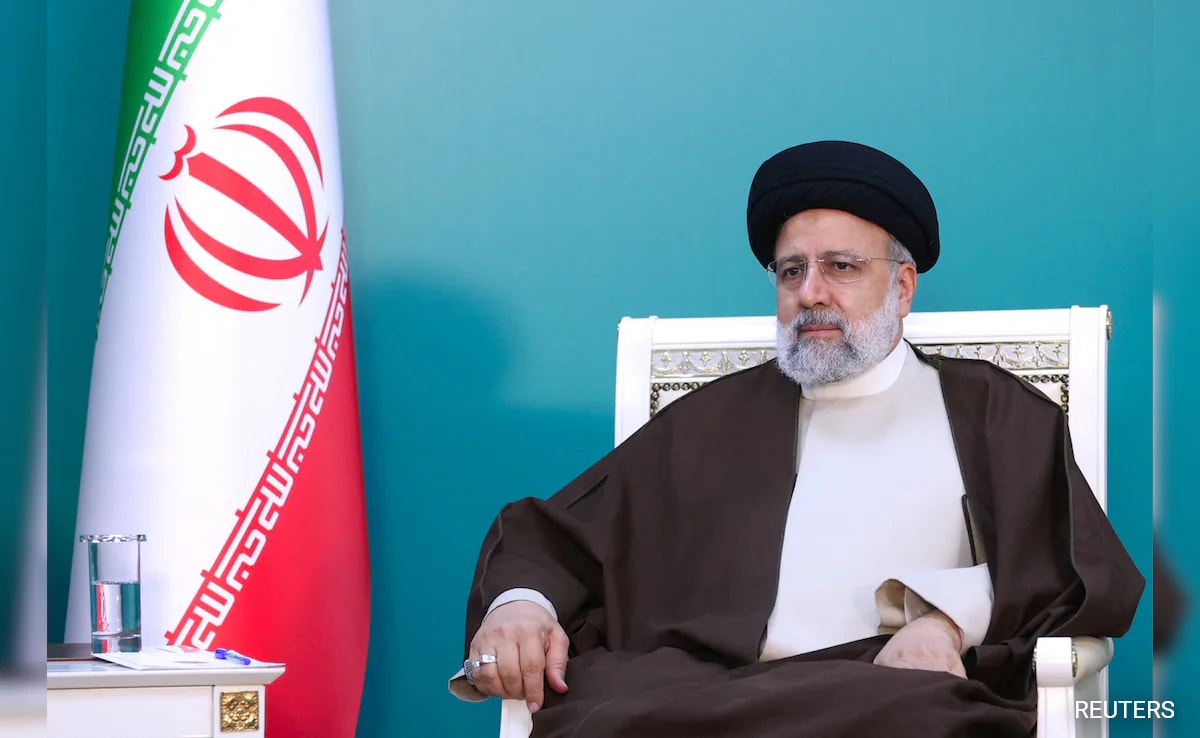File photo of Indian High Commissioner to the U.K. Vikram Doraiswami.
| Photo Credit: ANI
The gurdwara in Scotland, which was the scene of disruption by Khalistani extremists who blocked a planned visit of Indian High Commissioner to the U.K. Vikram Doraiswami, has strongly condemned the “disorderly behaviour” and said that the local police are investigating the matter.
In a statement issued on Saturday night, the Glasgow Gurdwara Guru Granth Sahib Sikh Sabha said the “unknown” and “unruly” individuals disturbed the peace at a place of worship and attempted to disrupt the personal visit of the envoy facilitated by a member of the Scottish Parliament.
It followed the High Commission of India in London’s statement that said the U.K. Foreign Office and Metropolitan Police have been upraised of the “disgraceful incident” after violent force was also used at the diplomat’s car during the disruption on Friday afternoon.
“Certain unknown individuals from outside the Glasgow area attempted to disrupt the visit, following which the visiting party decided to leave the premises,” the gurdwara statement noted.
“After the departure of the visitors, these unruly individuals continued to disturb the gurdwara congregation. Police Scotland was in attendance thereafter and have taken cognisance of the matter.
“Glasgow Gurdwara strongly condemns such disorderly behaviour to disrupt the peaceful proceedings of a Sikh place of worship. The Gurdwara is open to people from all communities and backgrounds, and we welcome everyone openly as per our principles of faith,” it said.
Earlier on Saturday, the Indian High Commission said that three people from areas outside Scotland disrupted the planned interaction to discuss community and consular issues.
One of the three radical elements attempted to “violently force open the HC’s car door” and it was due to the quick reaction of one of the organisers, who physically intervened at the car door, that a “bigger incident was avoided”.
“Concerned to see that the Indian High Commissioner, Vikram Doraiswami, was stopped from meeting with the Gurudwara Committee at the Gurudwara in Glasgow. The safety and security of foreign diplomats is of utmost importance and our places of worship in the UK must be open to all,” tweeted Anne-Marie Trevelyan, the U.K. Foreign Office minister for Indo-Pacific.
Police Scotland has said its enquiries remain ongoing to “establish the full circumstances”.
The U.K. incident follows an India-Canada diplomatic standoff over the issue of pro-Khalistan extremism after Canadian Prime Minister Justin Trudeau claimed the authorities are “actively pursuing credible allegations” related to Indian government involvement in the murder of Hardeep Singh Nijjar, a designated terrorist.
The Canadian allegations have been strongly rejected by the Ministry of External Affairs (MEA) as “absurd and motivated”.
“A group of out of town pro-Khalistan activists turn up and physically intimidate the local Sikh committee, and try and attack the High Commissioner in his car, and they film themselves doing it and put it out on their social media accounts,” tweeted Colin Bloom, the Independent Faith Engagement Adviser.
Mr. Bloom’s report in July had warned of “subversive, aggressive and sectarian” actions of some pro-Khalistani activists in the UK.
“My report ‘The Bloom Review’ highlighted the vast majority of British Sikhs are amazing people, but this tiny and aggressive minority are not representative of them. The UK government need to do more to deal with these extremist fringe elements,” he said.
During a visit to India in August, UK Security Minister Tom Tugendhat announced a 95,000-pound fund to tackle pro-Khalistan extremism (PKE) in the wake of an attack on the High Commission in London in March.




